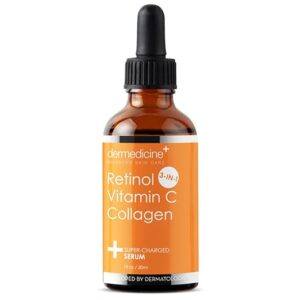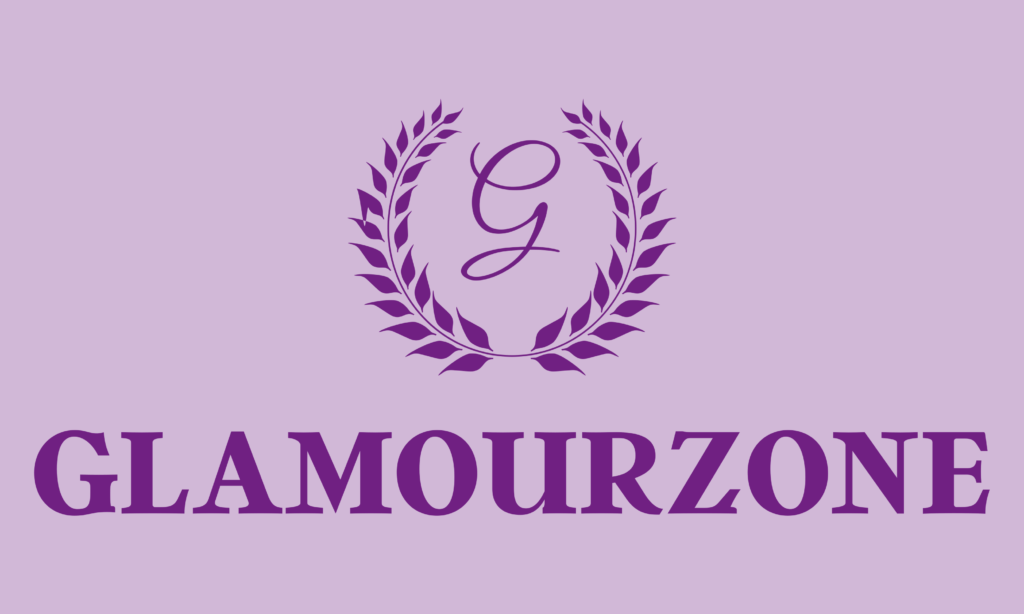
As we age skin aging is something most of us begin to take not of. It’s not just a matter of lines and wrinkles; it’s about the health and vitality of our skin. And guess what? There are two major players in this game – intrinsic and extrinsic aging. Intrinsic aging is the natural process that’s written in your DNA, while extrinsic aging is the result of environmental factors and lifestyle choices.
You’re going to find out about the ins and outs of skin health. Don’t worry too much about chasing fads; we’ll focus on proven preventative methods. Take retinoids and vitamin C, for example – these aren’t shiny new fads; they’ve been hard at work in the background, earning their stripes as skin care MVPs.
In my opinion, one of the most underrated heroes for youthful skin is sunscreen. Daily sun protection goes beyond preventing sunburn; it’s about being a guardian against the sun’s more sinister long-term effects. Plus, a diet isn’t just for weight management. A plate bursting with colorful fruits, veggies, and fatty fish can mean a world of difference for your skin, thanks to antioxidants and omega-3s.
Choose something that resonates with you – your skin care should be as unique as your skin. It might be the diligent use of sun protection, an antioxidant-rich diet, or a regimented skin care routine with tried and true ingredients. And remember, your first attempt doesn’t need to be your last. Skin care routines evolve as we learn more about our bodies and the available treatments.
A lot is happening very quickly in the world of skin health. As we delve into the next section, you’ll learn about the advanced strategies and professional treatments that are pushing the boundaries of what we thought possible in anti-aging. Dynamic fields like laser therapy and personalized skin care regimens beckon us to a new frontier in maintaining youthful skin.
Navigating the Future of Anti-Aging Techniques
So, you’ve become acquainted with the fundamentals of fighting skin aging and are now aware of how daily habits influence your skin’s appearance over time. But there’s a lot happening very quickly in the world of dermatology that could revolutionize how we approach anti-aging.
Professional treatments, such as laser therapy, microneedling, and platelet-rich plasma (PRP) injections, are advancing rapidly, offering more personalized and effective solutions. These aren’t one-size-fits-all; a dermatologist can help you navigate these options and tailor a treatment plan that aligns with your skin’s unique profile.
In my opinion, it’s essential not to overlook the significance of mental well-being in your anti-aging efforts. Stress can wreak havoc on your skin, making relaxation and stress management techniques important allies in maintaining a youthful complexion.
In addition to these strategies, the emergence of nutraceuticals and supplements promises an exciting future. You can always adjust your approach down the road as more research comes to light on the efficacy of these products.
With the anti-aging landscape continuously evolving, choose something that resonates with you and your lifestyle. Remember, your first attempt doesn’t need to be your last, and don’t worry too much about perfection. It’s about making informed choices and adjustments that contribute to the health and vitality of your skin.
I really hope that this peek into the future of anti-aging has ignited your curiosity and given you confidence in the many possibilities at your disposal. Stay informed, stay proactive, and here’s to a future of vibrant, youthful skin!
Antioxidants play a crucial role in combating the effects of aging in a person’s body. Aging is a complex process that involves a variety of factors, including oxidative stress caused by free radicals. Free radicals are unstable molecules that can damage cells and contribute to aging and age-related diseases.
Antioxidants help neutralize free radicals and reduce oxidative stress in the body. By doing so, they can help protect cells from damage and slow down the aging process. Here are some ways antioxidants impact aging:
- Reduce oxidative stress: Antioxidants help neutralize free radicals and reduce oxidative stress in the body. This can help prevent cellular damage and slow down the aging process.
- Protect against age-related diseases: Oxidative stress is linked to many age-related diseases, such as heart disease, cancer, and neurodegenerative disorders. By reducing oxidative stress, antioxidants can help protect against these diseases and promote overall health.
- Promote skin health: Free radicals can damage the skin and contribute to wrinkles, age spots, and other signs of aging. Antioxidants like vitamin C and vitamin E can help protect the skin from oxidative stress and promote a youthful appearance.
- Support brain health: Oxidative stress is thought to play a role in cognitive decline and neurodegenerative diseases like Alzheimer’s. Antioxidants may help protect the brain from oxidative damage and support cognitive function as we age.
- Improve immune function: As we age, the immune system weakens, making us more susceptible to infections and illness. Antioxidants can help support immune function by reducing oxidative stress and inflammation in the body.
It’s important to note that while antioxidants can have positive effects on aging, they are not a cure-all. Maintaining a healthy lifestyle that includes a balanced diet, regular exercise, and other healthy habits is important for overall health and longevity. Additionally, more research is needed to fully understand the impact of antioxidants on aging and age-related diseases.
What foods or supplements can a person take that will ensure the in take of sufficient levels of antioxidants
To ensure an adequate intake of antioxidants, it’s important to include a variety of antioxidant-rich foods in your diet. Here are some foods that are high in antioxidants:
- Berries: Blueberries, strawberries, raspberries, and blackberries are all rich in antioxidants like vitamin C, anthocyanins, and flavonoids.
- Dark leafy greens: Spinach, kale, and Swiss chard are excellent sources of antioxidants such as vitamins A, C, and K, as well as lutein and zeaxanthin.
- Nuts and seeds: Almonds, walnuts, chia seeds, and flaxseeds are packed with antioxidants like vitamin E, selenium, and flavonoids.
- Colorful fruits and vegetables: Bell peppers, tomatoes, carrots, and sweet potatoes are rich in antioxidants like vitamin C, beta-carotene, and lycopene.
- Green tea: Green tea is loaded with antioxidants called catechins, which have been shown to have numerous health benefits.
- Spices: Turmeric, cinnamon, ginger, and cloves are all rich in antioxidants and can be easily incorporated into your diet.
- Dark chocolate: Dark chocolate contains antioxidants like flavonoids, which have been linked to heart health benefits.
In addition to incorporating antioxidant-rich foods into your diet, you may also consider taking supplements to ensure sufficient levels of antioxidants. However, it’s important to consult with a healthcare provider before starting any new supplement regimen, as excessive intake of certain antioxidants can have negative effects.
Some common antioxidant supplements include:
- Vitamin C: A powerful antioxidant that can help boost the immune system and protect cells from damage.
- Vitamin E: Helps protect cells from oxidative stress and supports skin health.
- Selenium: An essential mineral that acts as an antioxidant and supports immune function.
- Coenzyme Q10 (CoQ10): Helps protect cells from oxidative damage and supports energy production.
- Alpha-lipoic acid: A powerful antioxidant that can help regenerate other antioxidants like vitamins C and E.
Remember, while antioxidants are important for overall health, they are just one piece of the puzzle. A balanced diet rich in a variety of nutrients, along with regular exercise and other healthy habits, is key to promoting optimal health and well-being.
Product Link: https://amzn.to/3Zx7SyB
